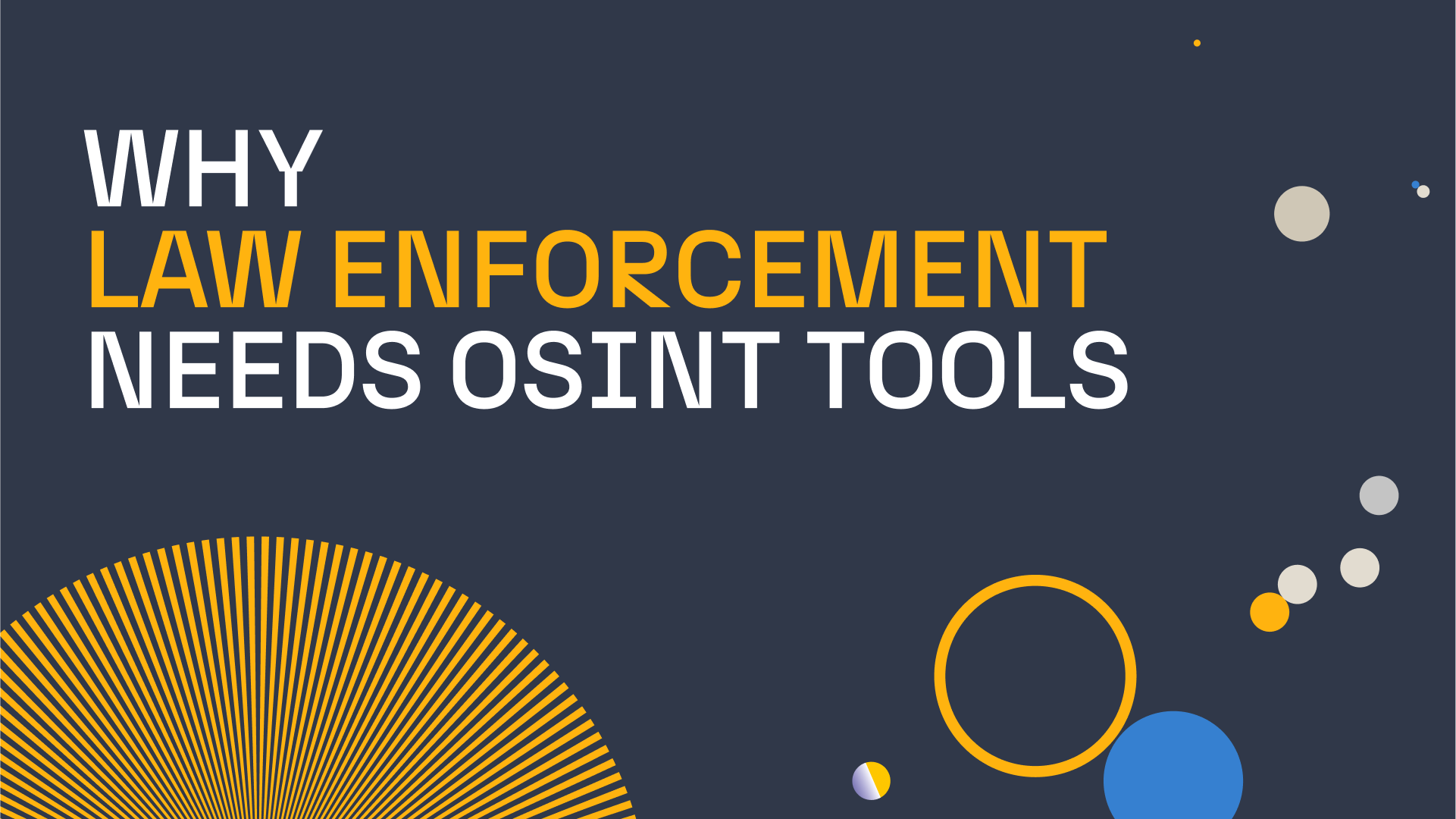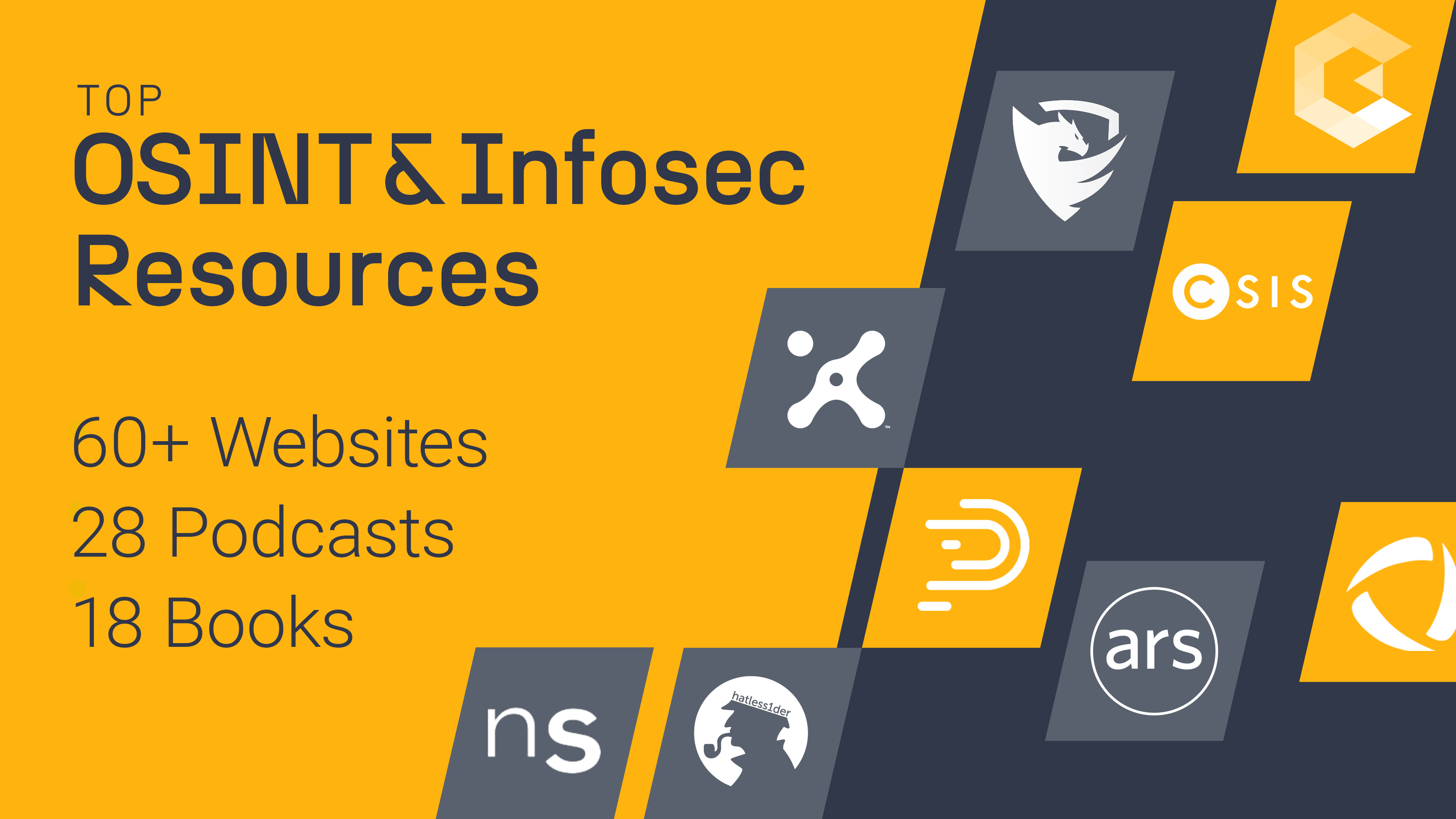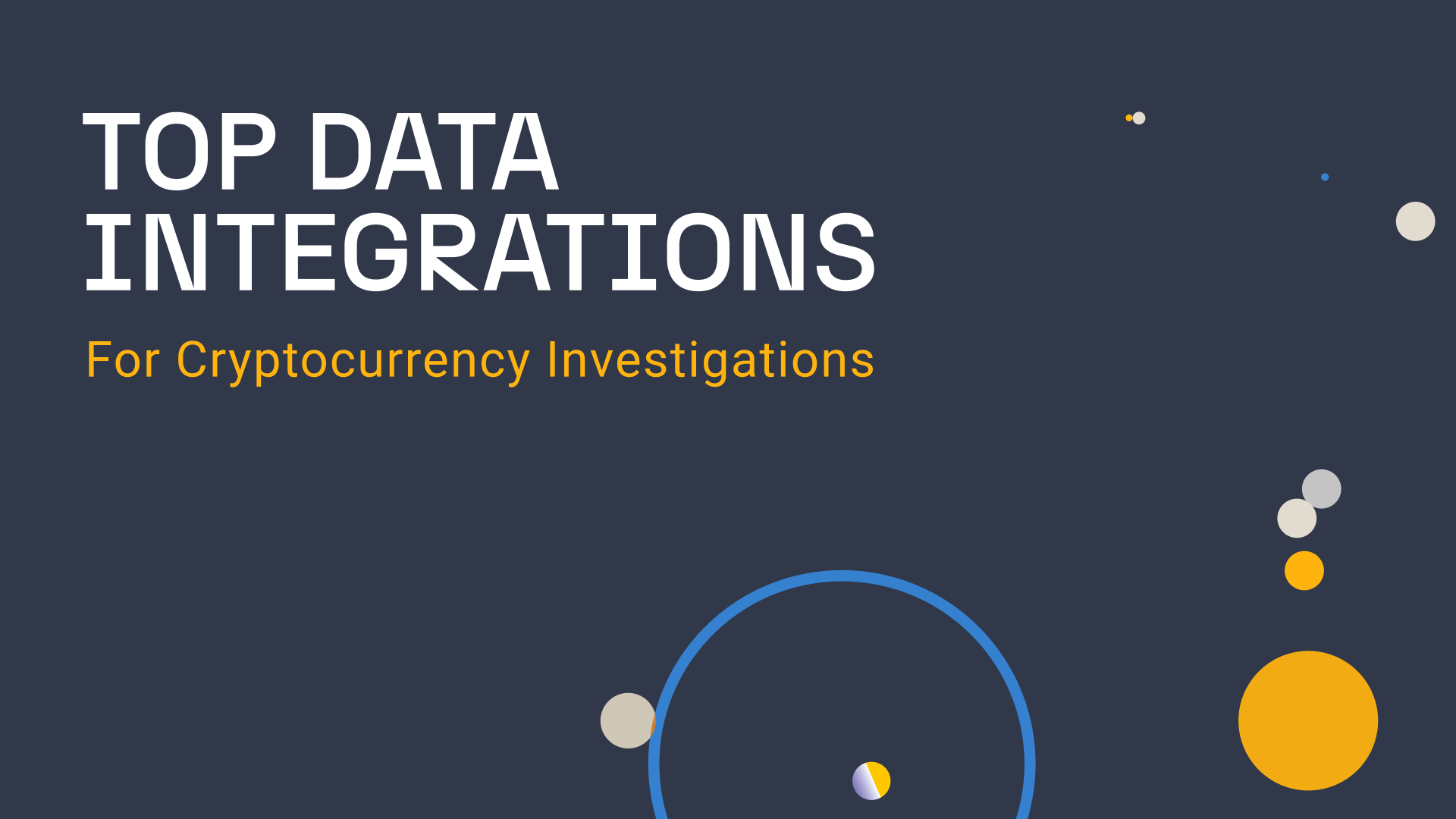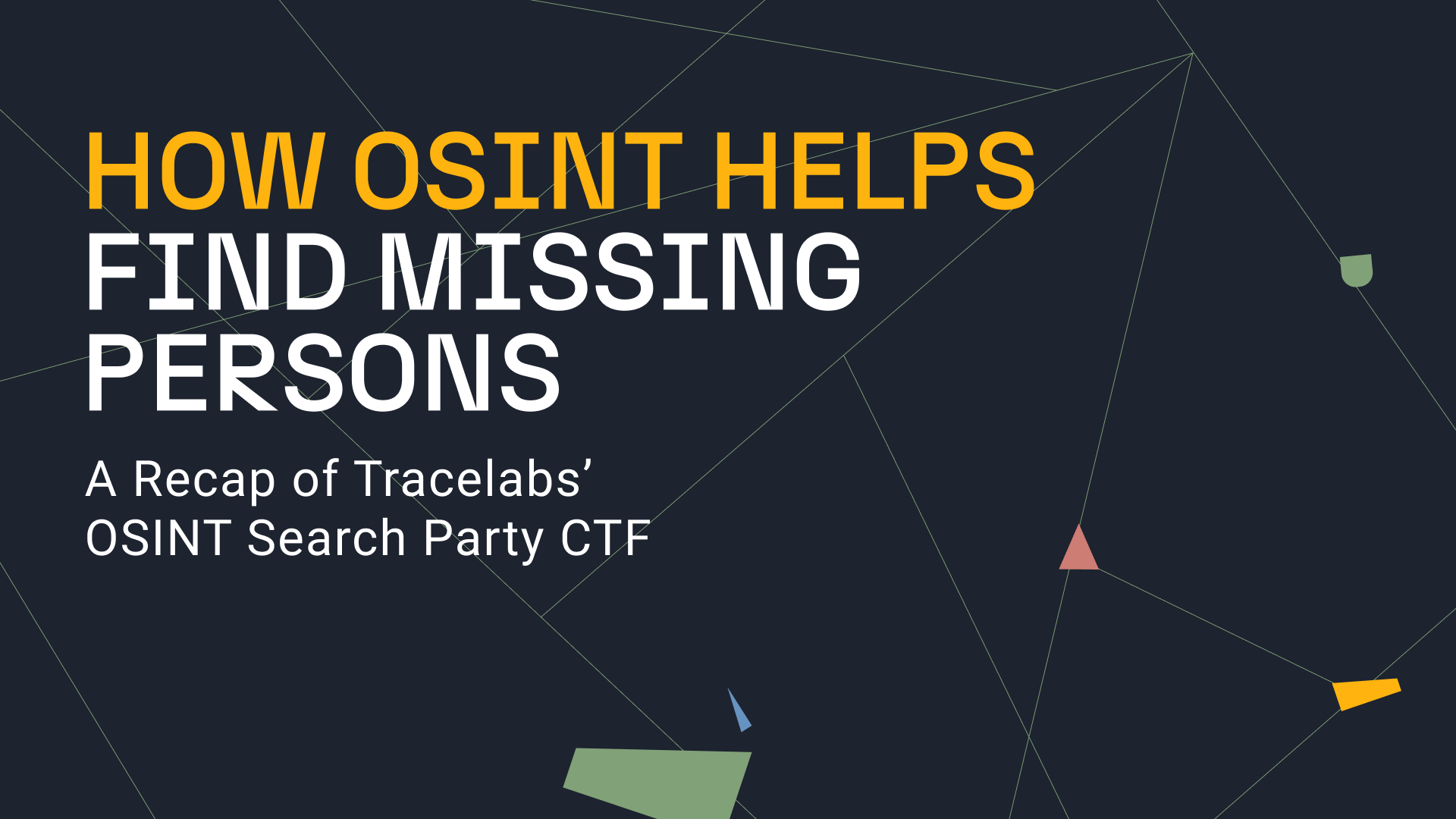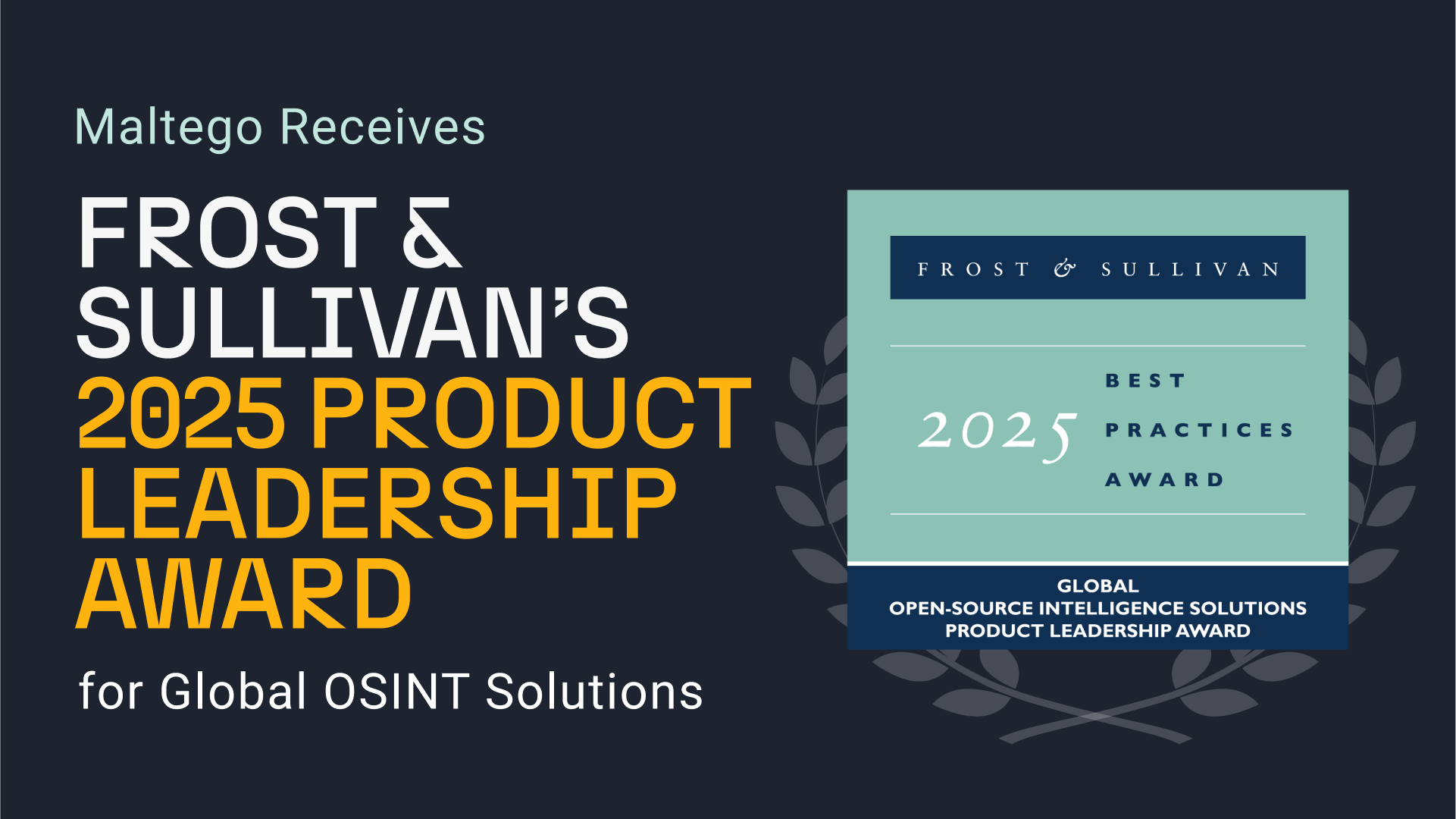Intelligence is driven by data—this means that the more information you have, the better your chances of distilling accurate and comprehensive intelligence. Robert Litt, former General Counsel for the Office of the Director of National Intelligence (ODNI) notes, “If you want to look for needles in a haystack, you first have to have a haystack.”
By embracing open source intelligence (OSINT), you gain access to large haystacks where you can find plenty of needles. OSINT investigations are a crucial method for law enforcement to gather information and evidence because most crimes nowadays leave digital traces. These digital pieces of information either serve as evidence or provide the critical context that leads to evidence.
What is Open Source Intelligence (OSINT) 🔗︎
Mark Lowenthal, Former Assistant Director of Central Intelligence for Analysis (CIA), defines OSINT as “any and all information that can be derived from overt collection: All types of media, government reports and other documents, scientific research and reports, commercial vendors of information, the Internet, and so on.”
Lowenthal, Mark M. (2005), “Open-Source Intelligence: New Myths, New Realities", in George, Roger Z; Kline, Robert D (eds.), Intelligence and the national security strategist: enduring issues and challenges, Lanham: Rowman and Littlefield, ISBN 9780742540392.
In this whitepaper, we will look at why law enforcement needs OSINT tools and how having the right OSINT tools brings immense value.
Table of Content 🔗︎
OSINT for Law Enforcement Is Important in Setting the Scene for Investigations 🔗︎
Context is extremely important in any sort of criminal investigation. Joseph Nye, Former chairman of the National Intelligence Council compares OSINT to the outer edges of a jigsaw puzzle, which gives a sense of boundaries and patterns. OSINT is extremely useful for helping put secret information into a wider context.
One type of context that OSINT helps establish is the provision of leads or starting points for investigations. Law enforcement often relies on subpoenas and online platforms to give them initial starting data, however, OSINT tools can provide similar data or in some cases, even more. For example, you can pull the domain registration information of a suspect website, which leads to a person of interest (the domain registrant) who can then be investigated further.
Another type of context that OSINT establishes is the behavioral pattern of a person—information beyond typical governmental records like date of birth and city of residence. For example, you can investigate the social media activities of a person of interest to understand their “character” —social motivation, cultural background, relative age, interests, and more.
The social groups they join, the pictures they share, the locations they visit, and the comments they both write and respond to—all are signals which can be used to anticipate their motivations, their plans, and the danger they may pose.
OSINT Is Extremely Valuable in Identifying Potential Threats 🔗︎
Monitoring online activities is an active approach to using OSINT in order to gain insights into criminal activities, and to take action to prevent potential threats and risk of danger.
The dark web, for instance, contains a wealth of information because criminals are drawn to its features of anonymity and encryption. For example, law enforcement is able to monitor dark web forums for users looking to purchase a weapon and then pivot to those who respond positively to the post.
Similarly, monitoring social media platforms or online messaging boards can also help prevent crimes. For example, in the recent Capitol Storming in the United States, OSINT played a critical role both after and during the incident.
Of course, OSINT does not guarantee 100% accuracy and is susceptible to misinformation and disinformation. However, as Mark Lowenthal said, OSINT may be more difficult to manipulate given its diversity.
Download This Whitepaper to Learn Why Law Enforcement Needs OSINT Tools in Their Investigations! 🔗︎
These are just a couple of examples of how OSINT can facilitate and contribute to investigations in the context of law enforcement. In the whitepaper, we also cover:
- OSINT Is Proven to Be Useful in Many Law Enforcement Cases
- The Right OSINT Tool Can Solve Common OSINT Challenges
- Get the Most out of Your OSINT Tools by Understanding Your Data
OSINT can help law enforcement keep track of criminal activities, identify potential threats as well as reveal and hunt down the true culprits. In order to achieve this, an OSINT tool is required.
Download it now and get to know more about how OSINT is used in the real-world scenario, what the criteria are when selecting an OSINT tool, and last but least, how to leverage OSINT to the fullest in investigations.
Download the resource
We hope this whitepaper was helpful for you and your team to understand how OSINT plays a crucial role in law enforcement.
Don’t forget to follow us on Twitter and LinkedIn and sign up to our email newsletter, so you don’t miss out on updates and news!
Happy investigating!



